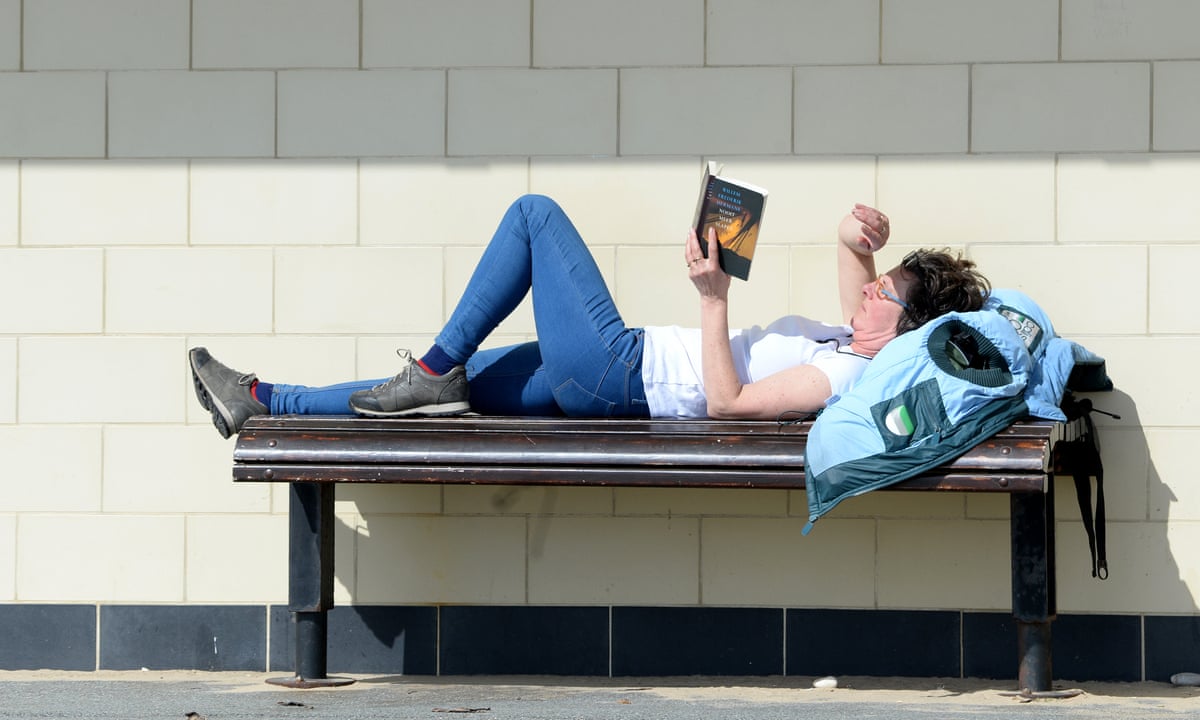Let’s talk about reading. When Netflix box sets are just a click away and instant replies are something we have come to expect, tackling a book can seem daunting. Reading requires more effort and sustained attention; it can be hard to get into storylines and older novels (Charles Dickens) are often really challenging. I know that for many university students, reading a book can seem like a chore after reading all day for work – but you get what you give. Reading works your brain, builds your empathy and according to a 2009 study, it can be as de-stressing as yoga and comedy. Not to mention it can offer a much-needed break from the now omnipotent dreaded screen which can affect your vision and sleep pattern amongst other things.
Reading seems to have fallen out of fashion and according to the National Literacy Trust, child enjoyment of reading was at a fifteen-year low before lockdown. However, during lockdown, there was an 8.1% increase in children’s enjoyment of reading and over a third of children and young people claim they read more in lockdown. Given the circumstances of lockdown, this increase is likely to have had even more significance. Novels can provide a much-needed escape, a distraction from the panic outside, as well as some honest entertainment. Finishing a book also brings satisfaction that is hard to find on social media with the ever-refreshing feeds and trends that move at lightning speed.
The National Literacy Trust noted that almost 3/5 of children and young people found reading in lockdown made them ‘feel better’ and over half were encouraged to dream about their future through reading. The importance of this cannot be understated with so much stress, uncertainty and loneliness. Crucially, libraries were able to continue to support reading despite closures, by offering the loan of e-books, which saw a 146% increase in use during lockdown. When the usual pathways for children’s development (i.e. playing with others) and the structure and security of school is lost, having an opportunity to step into other worlds and find friends in characters is vital.

However, as we have seen time and time again, those who are likely to suffer the most in situations like these are the ones who lose out: working-class families; isolated members of the community; those without access to technology and people who don’t have the luxury of free time. Libraries Connected found that the lack of access to a physical library had the greatest effect on ‘those without internet/computer access’ and ‘jobseekers’ – not great at all for those furloughed or fired due to the pandemic.
We have to ask ourselves, is reading a hobby reserved for the educated middle classes? Between 2010 and 2019, 773 public libraries have closed in Britain. Libraries that provide entertainment and education, all at a low cost to families. Mixed in with this, government funding for schools is increasingly dire, and according to School Cuts ‘schools in England will be £2bn poorer in 2020 than in 2015’. School Libraries are likely to see the impact of this as funding is prioritised elsewhere, leaving those who are unable to buy their own books in the dark. The National Literacy Trust found that almost 400,000 children do not own their own books and similarly that those who receive free-school meals are more likely to use the school library daily. All children deserve to read, but when schools and libraries are closed due to COVID-19, reading has become even more of a luxury available to those already better off.
To read a book, to be transported in space and time, to see your experiences reflected on the page, to experience something entirely unfamiliar, is magical. Reading resurgence during lockdown reflects the solace and entertainment that books can provide in the hustle-bustle of everyday life. But it should not be exclusive to only those who can find the money and happen to be lucky enough to receive a good education. Amongst many other inequalities, lockdown has shown how exclusive reading can be.
Image Credit: The Guardian

